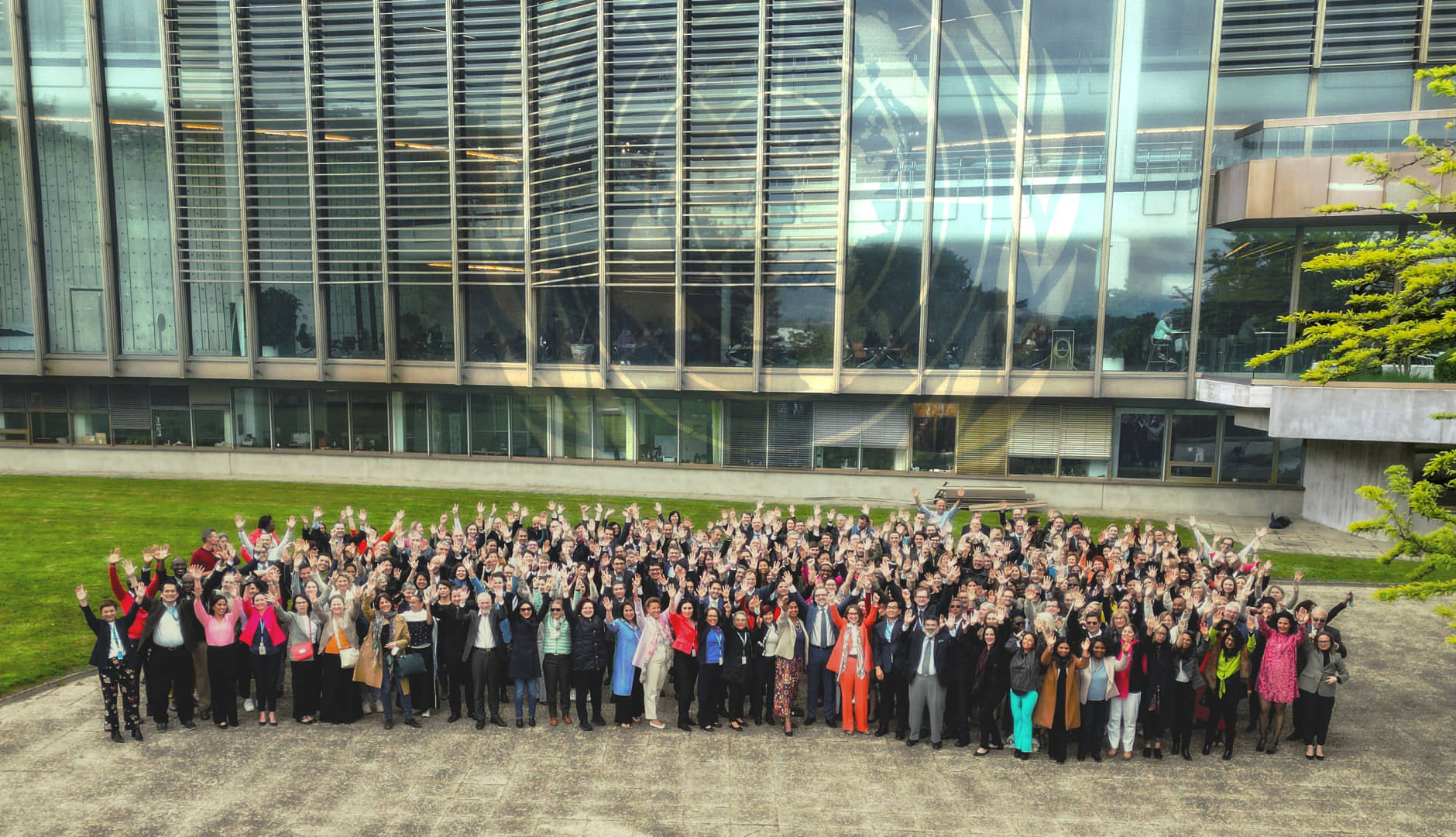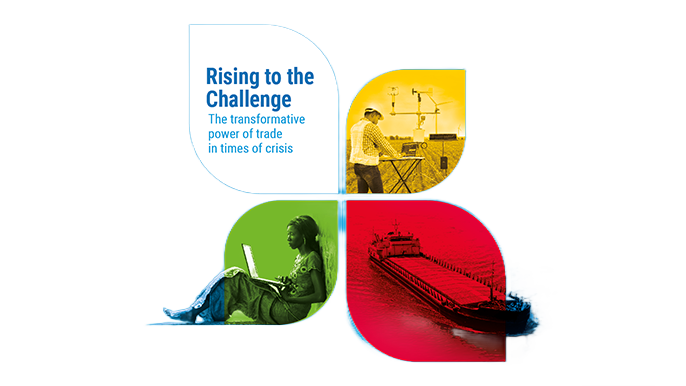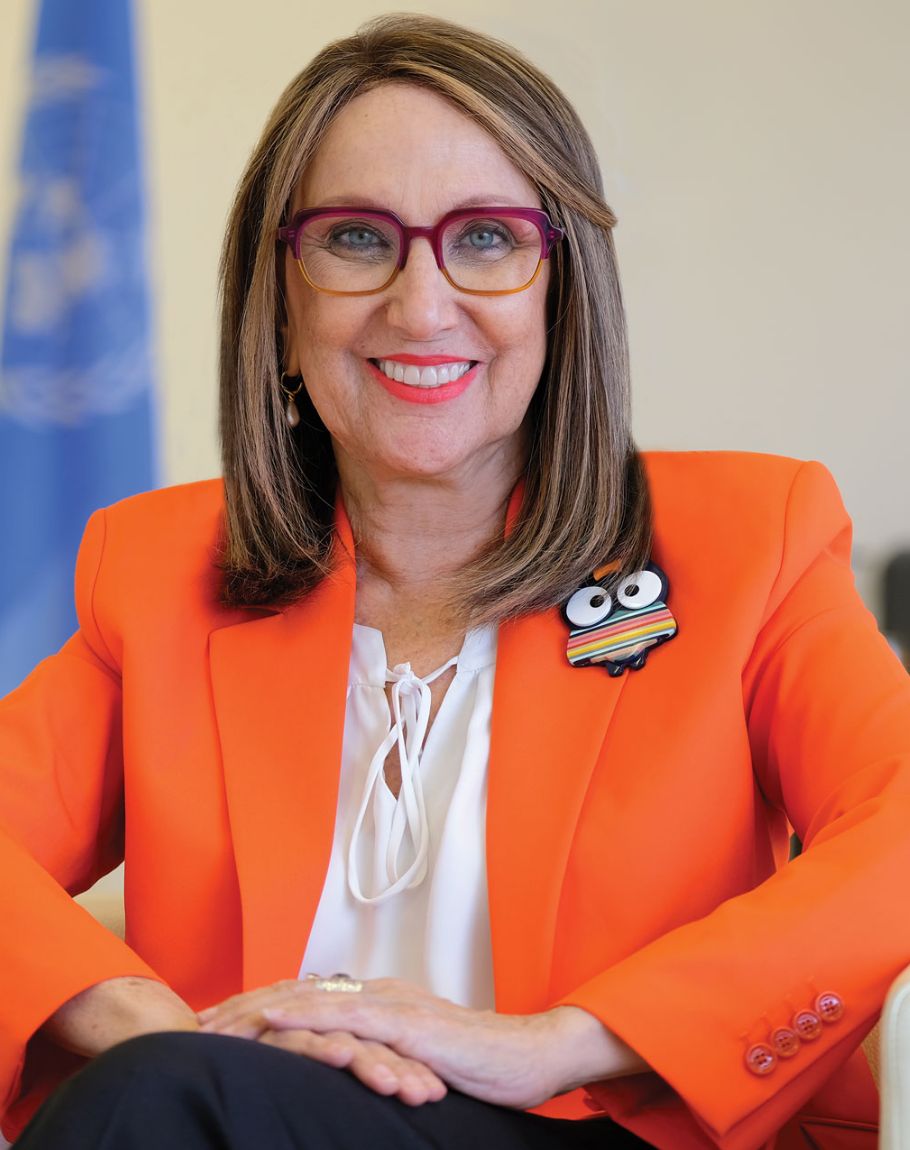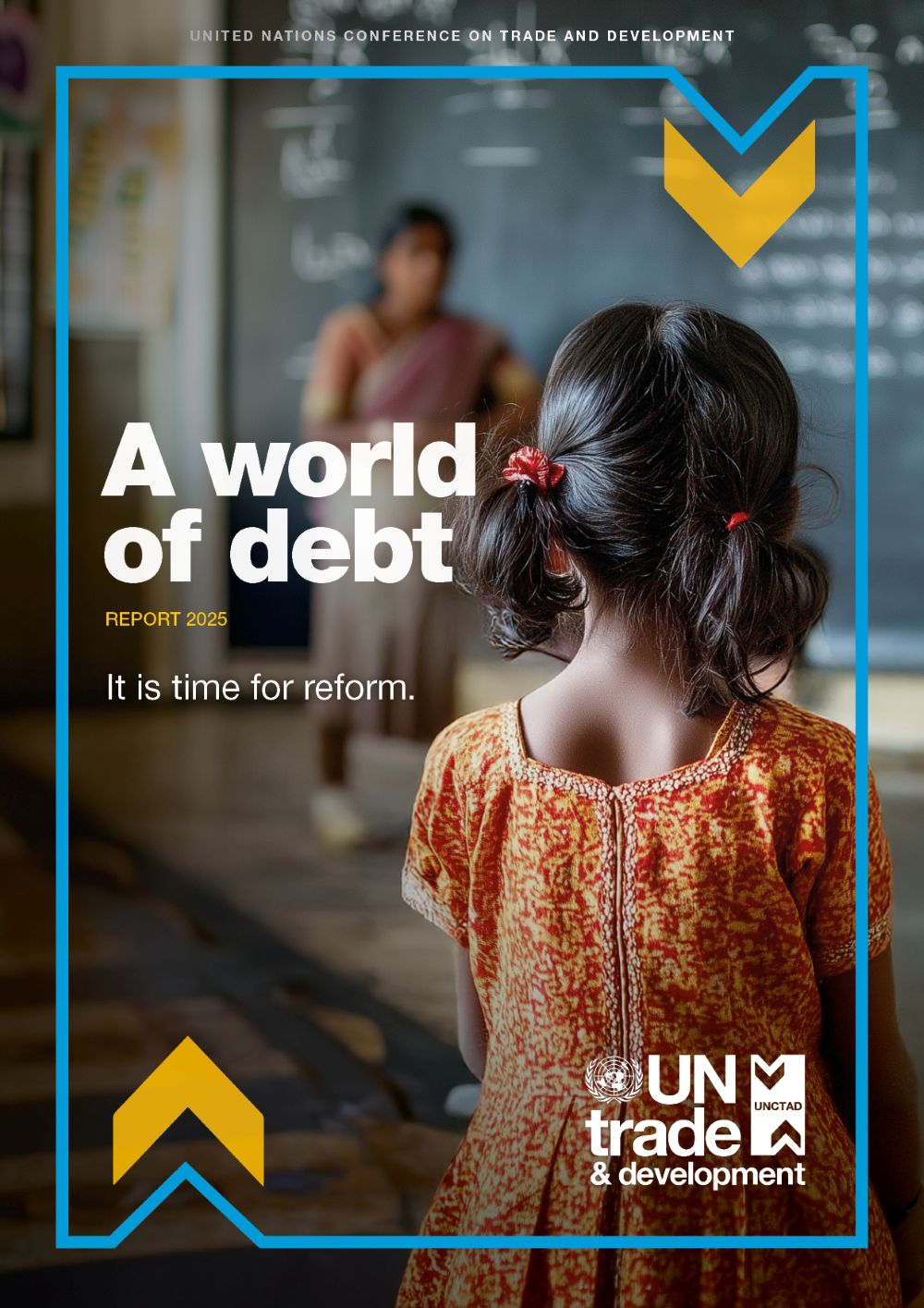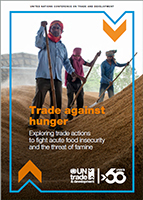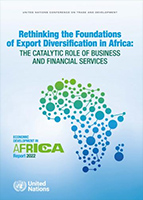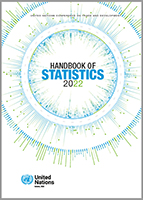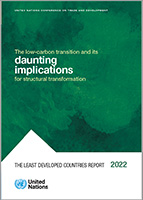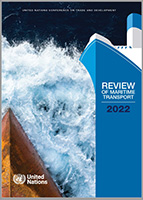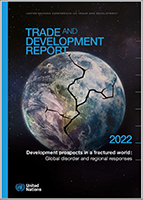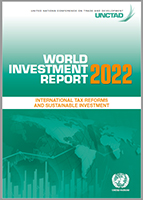UNCTAD Facts and figures
195
member
States
698
Staff
members
81
million USD regular
budget for 2022
53
million USD technical
cooperation expenditure
239
Publications, research
and analytical materials
225
projects
in 73 countries
Pedro Manuel Moreno was appointed as Deputy Secretary-General in November 2022
Mr. Moreno brings over 20 years of experience in multilateral institutions, including the United Nations, having served in different program, management and strategic positions, both in the field and at UN Headquarters.

A NEW COORDINATED RESPONSE TO INTERCONNECTED CRISES
In March 2022, UN Secretary-General António Guterres established the UN Global Crisis Response Group (GCRG) on Food, Energy and Finance to respond to the unprecedented interconnected food, energy and finance crises in the world. These challenges are particularly acute in developing economies.
The UN Secretary-General, together with six champion heads of state/government, provides high-level political leadership and coordination to the Global Crisis Response Group.
The UN Deputy-Secretary-General, Amina J. Mohammed, leads the Steering Committee of the GCRG involving 32 UN agencies, international and regional financial institutions, and multi-stakeholder partners.
UNCTAD Secretary-General Rebeca Grynspan leads and coordinates the work of the Task Team, which comprises the three workstreams on food, energy and finance and informs the GCRG’s Steering Committee. She also co-leads the finance workstream.
The Group collates data and generates analyses and recommends policy actions for decision makers to mobilize solutions and development strategies to support countries facing the interlinked global crisis with food, energy and finance.
In 2022 the Global Crisis Response Group produced three key policy briefs.

In July 2022, two agreements were signed in Istanbul to address growing global food insecurity around the world – the Black Sea Initiative (BSI), which allows for exports of grain and fertilizer, including ammonia, from Ukrainian Black Sea ports and the Memorandum of Understanding (MoU) on facilitating the export of Russian food and fertilizer to global markets.

The United Nations Secretary-General established two UN task forces to take forward the Istanbul Agreements. One was led by UNCTAD Secretary-General Rebeca Grynspan and focused on the implementation of the MoU and facilitating exports of Russian food and fertilizers. The other focused on shipping Ukrainian grain through the Black Sea, and is headed by UN Emergency Relief Coordinator Martin Griffiths.
UNCTAD’s Trade Hope report, released in October 2022, showed the importance of the Black Sea Initiative to deliver vital grain and foodstuffs to the world, offering hope for millions of people and exemplifying the power of trade in times of crisis.
15 million
The volume of metric tons
of foodstuffs exported under the Black Sea Initiative in 2022
The importance of the Black Sea Initiative exemplifies the power of trade in times of crisis
UNCTAD’s world-leading researchers produced over 200 reports and online tools. Our major publications in 2022 examined the state of the global economy, investment flows, international taxation, export diversification in Africa, the low-carbon transition in least developed countries, the decarbonization of maritime transport and statistics for economies around the world.
2022, UNCTAD brought together governments, businesses, civil society organizations and other stakeholders to jointly tackle pressing trade and developing challenges. Key moments included:
- The 13th Debt Management Conference focused on how countries can deal with mounting debt burdens in times of overlapping crises
- The 72nd executive session of the Trade and Development Board in October and its 69th annual session in June and July
- The 25th session of the UN Commission on Science and Technology for Development
- eCommerce Week focused on data and digitalization to bolster the global digital economy
- The 4th Oceans Forum propelled a sustainable and resilient ocean economy benefiting all
- Port Management Week gathered more than 80 port professionals from Africa, Asia, Europe and Latin America and the Caribbean
- The 2nd Illicit Trade Forum provided a platform for countries to collaborate on tackling this menace to development
- The Global Forum for National Trade Facilitation Committees in February
- Intergovernmental Group of Experts’ meetings on Consumer Protection and Competition
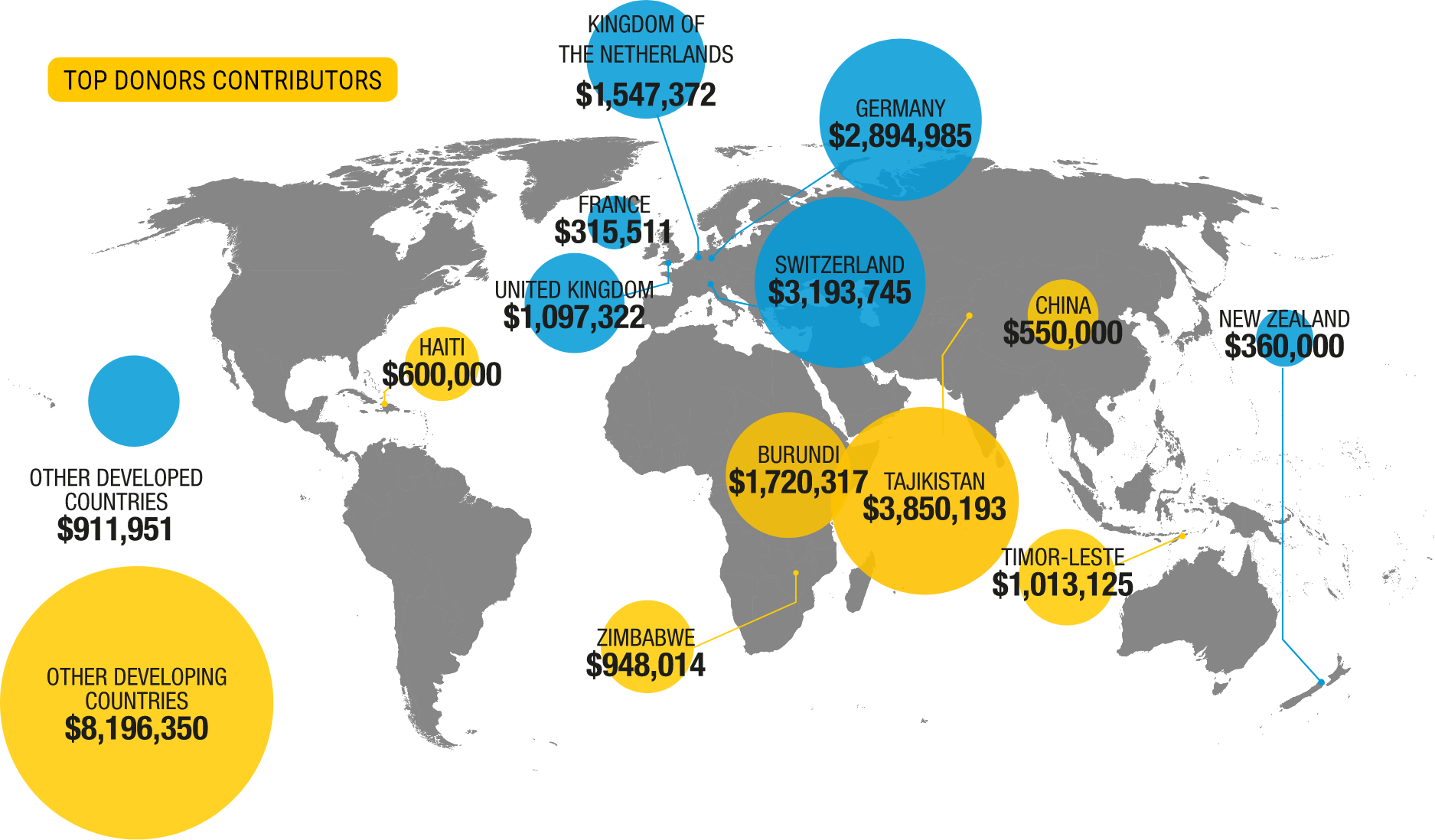
The major part of contributions from developing countries are self-financed projects for ASYCUDA and DMFAS programmes, financed from proceeds of loans, credits or grants from international financial institutions.
Note: Reflects financing from member States, public donations and United Nations organizations.
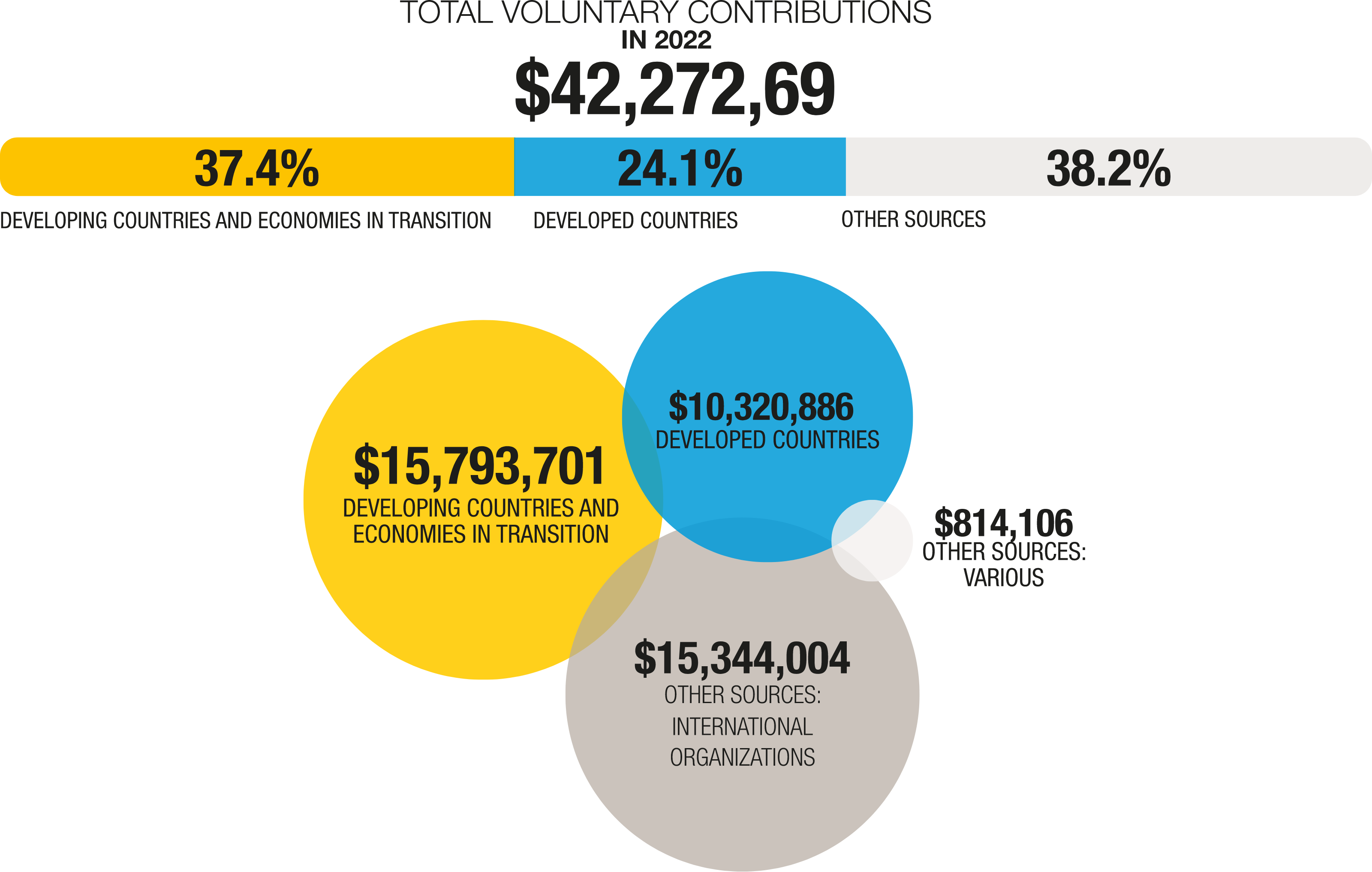
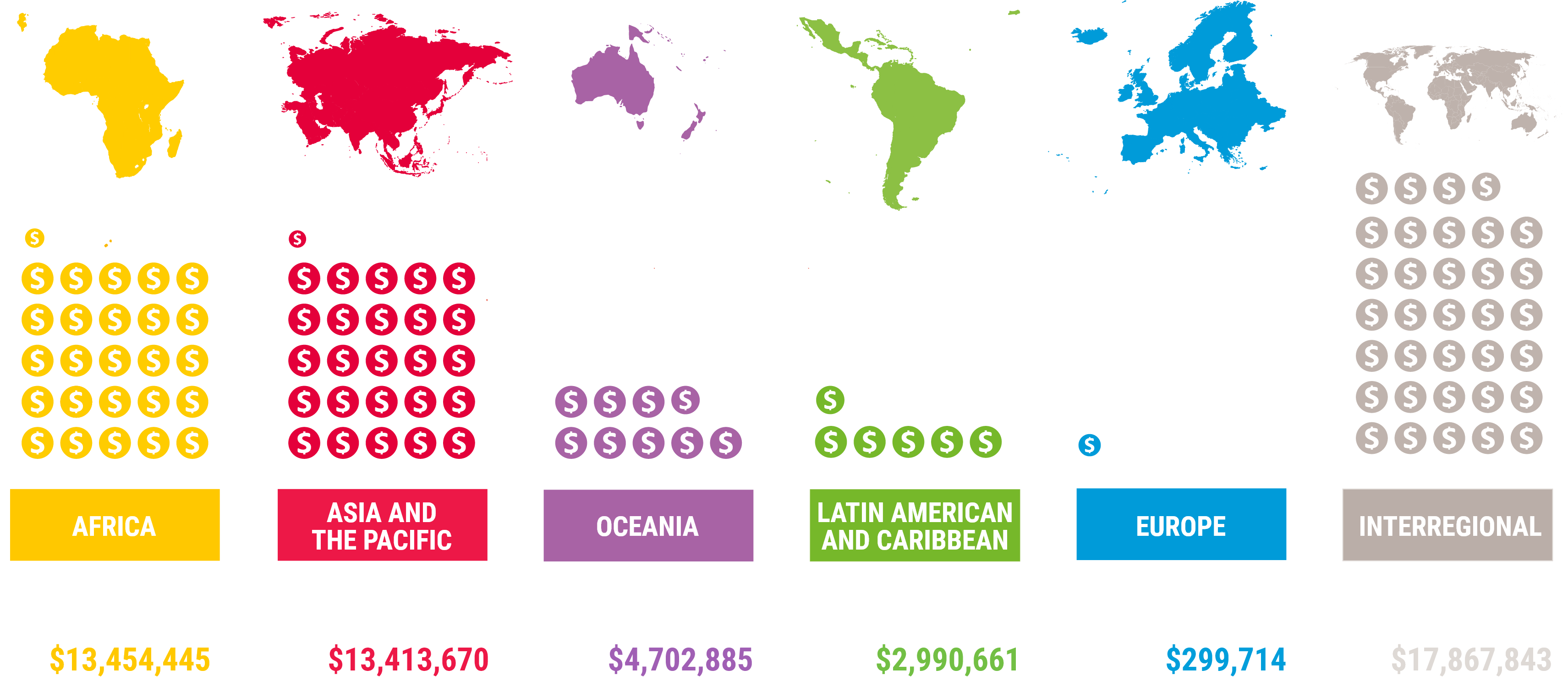
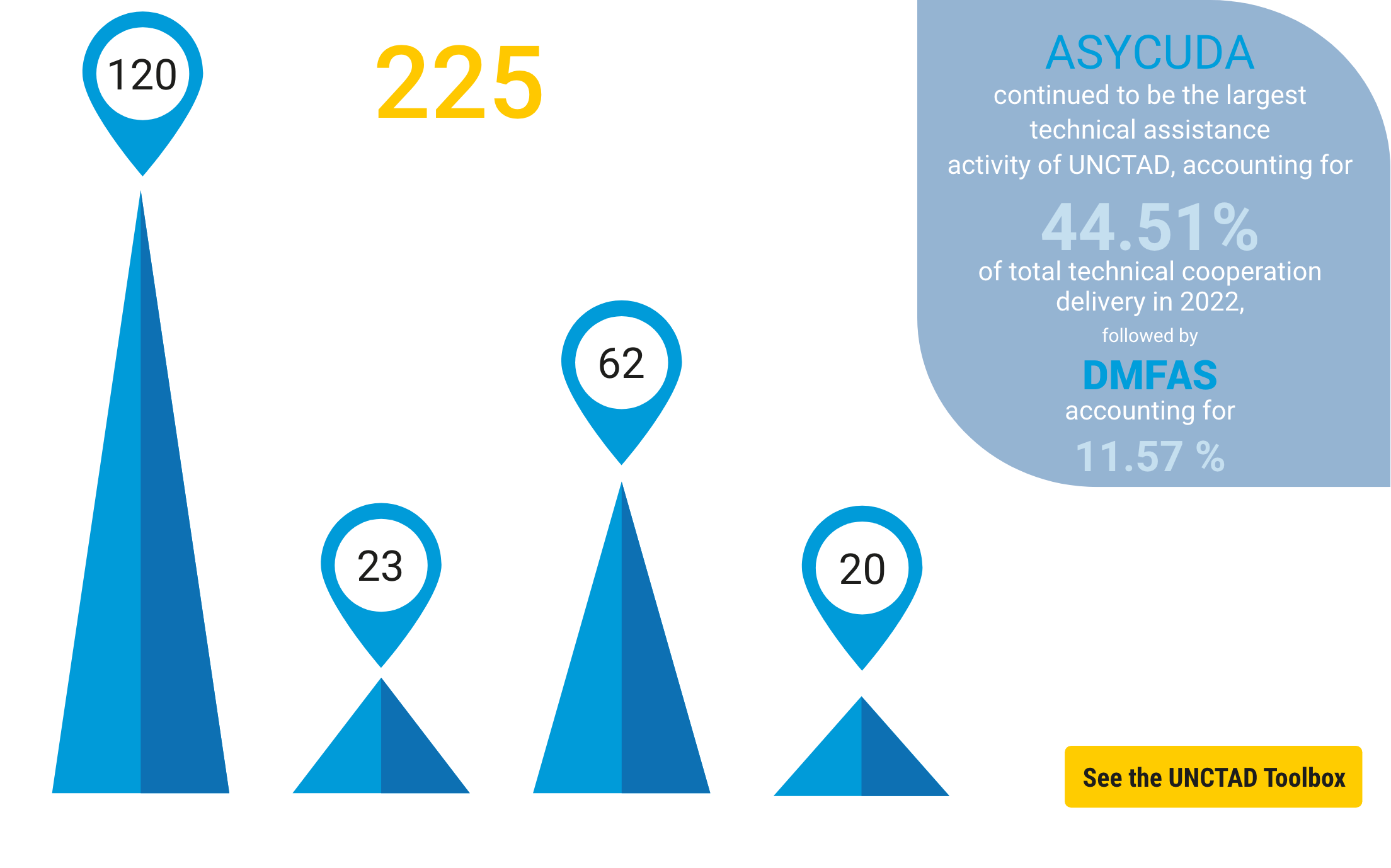
ASYCUDA
The UNCTAD Automated System for Customs Data (ASYCUDA) programme administers and harmonizes customs transactions around the world. It continued to be the largest technical assistance activity of UNCTAD, accounting for 44.51% of total technical cooperation delivery in 2022.
In 2022, UNCTAD’s Automated System for Customs Data (ASYCUDA) was used in 102 countries and territories, including 38 LDCs, 23 LLDCs and 41 SIDS. During the year, the programme signed 26 new national projects for a total sum of $19.7 million.
DMFAS
The UNCTAD Debt Management and Financial Analysis System (DMFAS) is a world-leading provider of technical cooperation and advisory services in the area of debt management. It was the second largest technical assistance activity of UNCTAD, accounting for 11.57% of total technical cooperation delivery in 2022.
In 2022, 61 countries used DMFAS to manage their public liabilities daily. This included three new country members that joined the DMFAS user community: Equatorial Guinea, the State of Palestine and Yemen.
The UNCTAD team is committed to advancing the sustainable development agenda and supporting developing countries, especially the least developed countries and countries with economies in transition, to integrate beneficially into the global economy. We thank all of them for their dedication.
